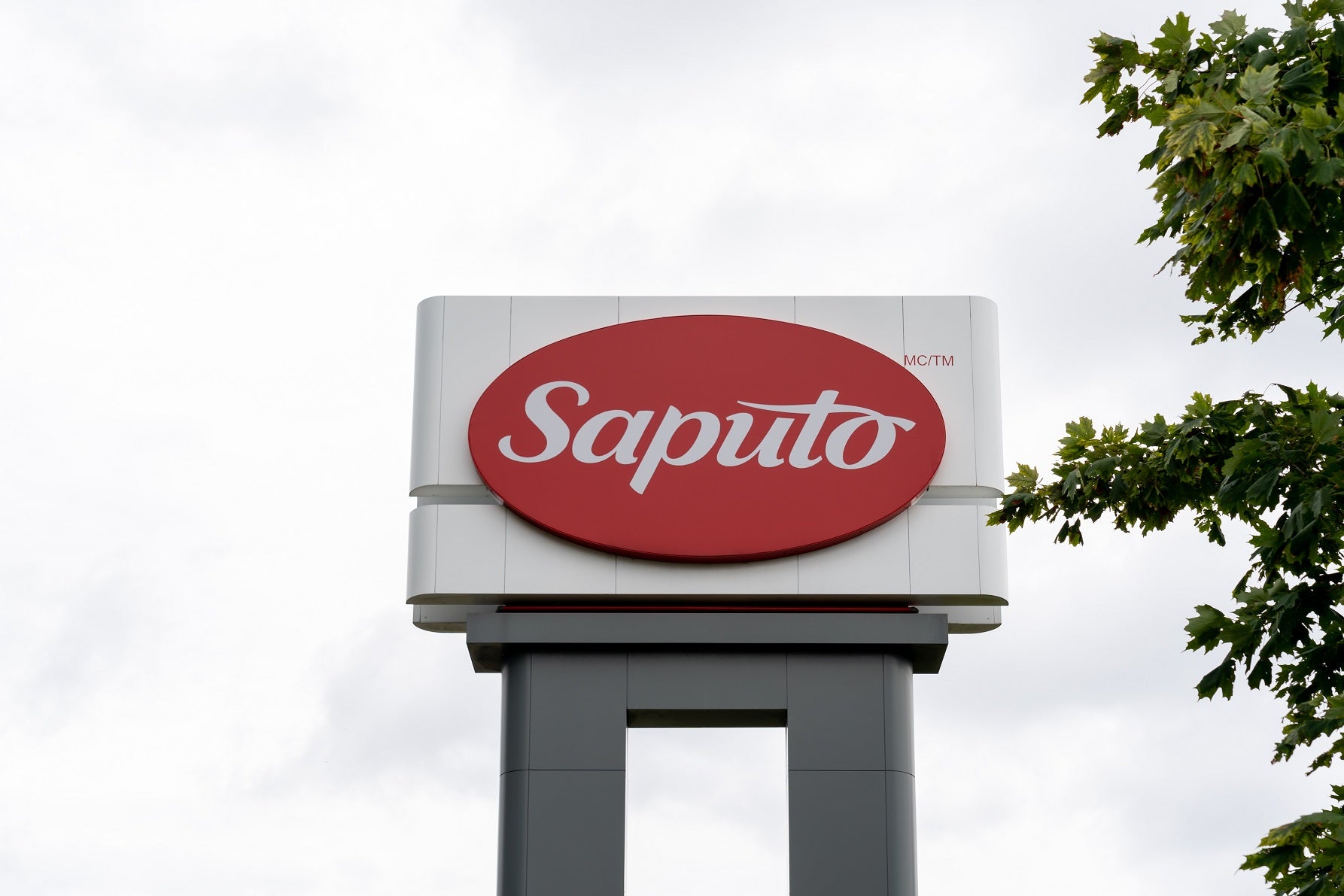
The boss of Canadian dairy major Saputo said the volatility in global commodity prices remains a “big wild card” for the business.
While president and CEO Lino Saputo, Jr., said last week the business has “mostly caught up to inflation”, he did not rule out further price increases following the latest raise in March.
“The inflationary dynamic is not over,” Saputo said as he presented annual results to 31 March, with revenue up 18.7% at C$17.8bn ($13.3bn) led by pricing.
“We expect our overall input-cost inflation to moderate but remain at elevated levels,” he explained with respect to the new 2024 fiscal year. “As such, we will continue to manage the current inflationary environment through the cost containment and productivity measures, in addition to our pricing protocols.
“We will continue to manage a range of risks across the business, including a very tight labour market and persistent inflationary cost pressures, with the volatility in commodities remaining a big wild card.”
The landscape for pricing in commodities remains “very volatile” even in the current first quarter, he said, adding that Saputo remains on target to achieve its adjusted EBITDA goal of C$2.13bn by the end of the 2025 financial year.
That metric climbed 34.5% to C$1.6bn, while net income was up 127% at C$622m.
“As we aim to reach our adjusted EBITDA target, we are beginning to hit our stride with significant potential, expected to be realised over the next three years and beyond,” Mr. Saputo said.
In the US, the CEO said the business is facing “competitive market dynamics and softening demand”, factors that are expected to “negatively impact our volumes as well as our operational efficiencies”.
CFO Maxime Therrien added with respect to the US: “Although we continue to improve fill rates, we found market conditions in cheese to be more challenging in Q1, notably due to the competitive market dynamics and softening demand negatively impacting utilisation rates at some of our facilities.”
While Therrien said Saputo’s branded volumes rose in Europe, the company also experienced higher private-label volumes, primarily in the UK, as end product prices continued to rise.
“In the fourth quarter, our UK division also won new branded listings and high-end private-label customers in both cheese and spreads,” Therrien explained.
“Also supporting our commercial plan, the gap between branded and the private-label market has reached a two-year low. We expect this dynamic to begin to drive additional volume opportunities supported by innovation and more advertising. Near term, we believe these factors will allow for more higher margin retail and private-label sales and reduce our exposure to volatile bulk cheese volumes.”
China’s dairy market is also taking longer than expected to recover, resulting in a “softening” in some global dairy prices, Mr. Saputo noted, but prices are likely to “firm up” once the country fully reopens for business.
Australia, where Saputo has taken some downsizing measures, including the sale of two factories, the country is still experiencing a reduction in milk availability, impacting the diary company’s export volumes.
“Our optimisation roadmap in Australia is not about short-term and easy fixes but about making sure that the division gets back to where it belongs,” the CEO said. “That is, a low-cost, efficient dairy processor that maximises the return on every litre of milk.”
